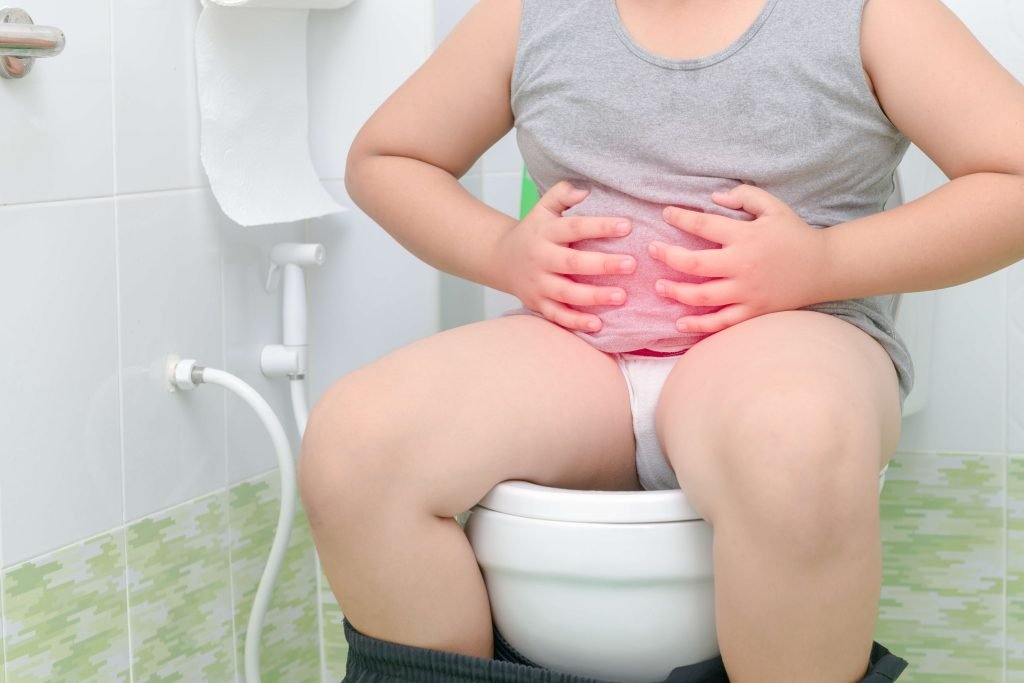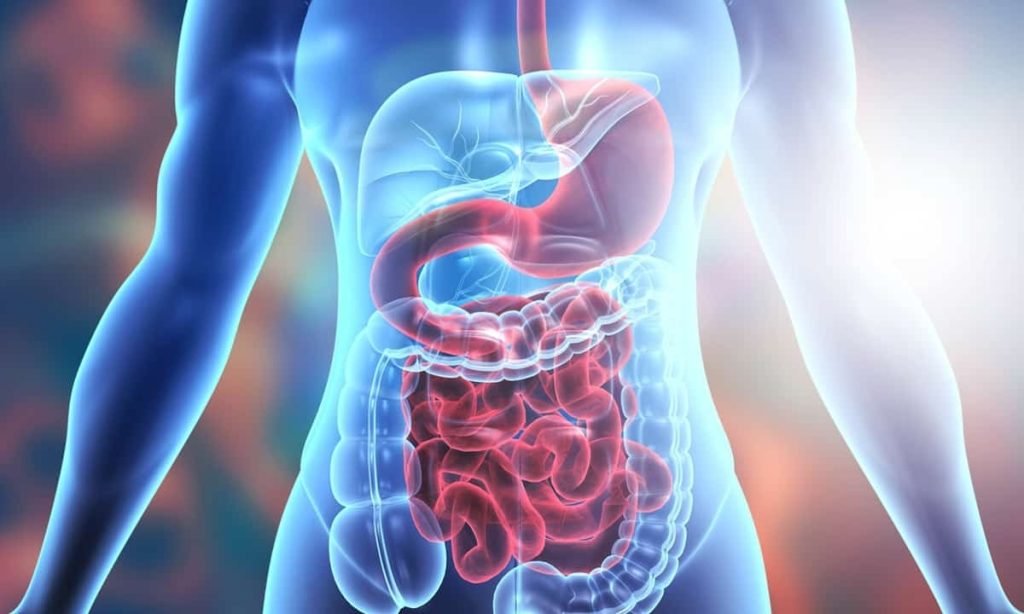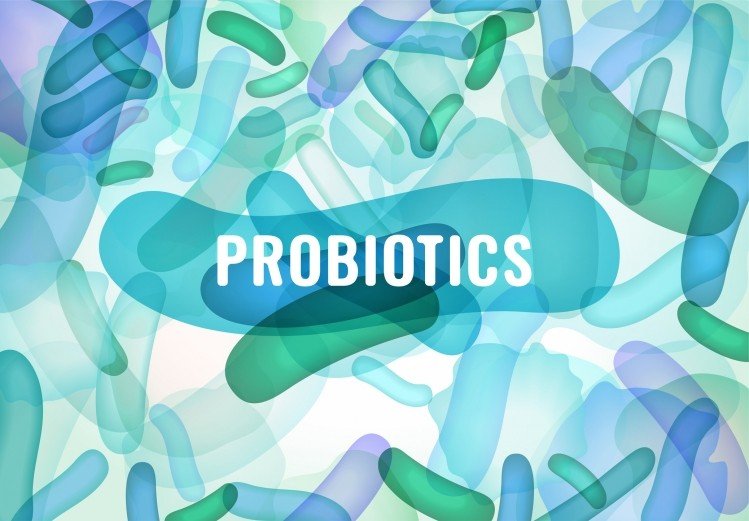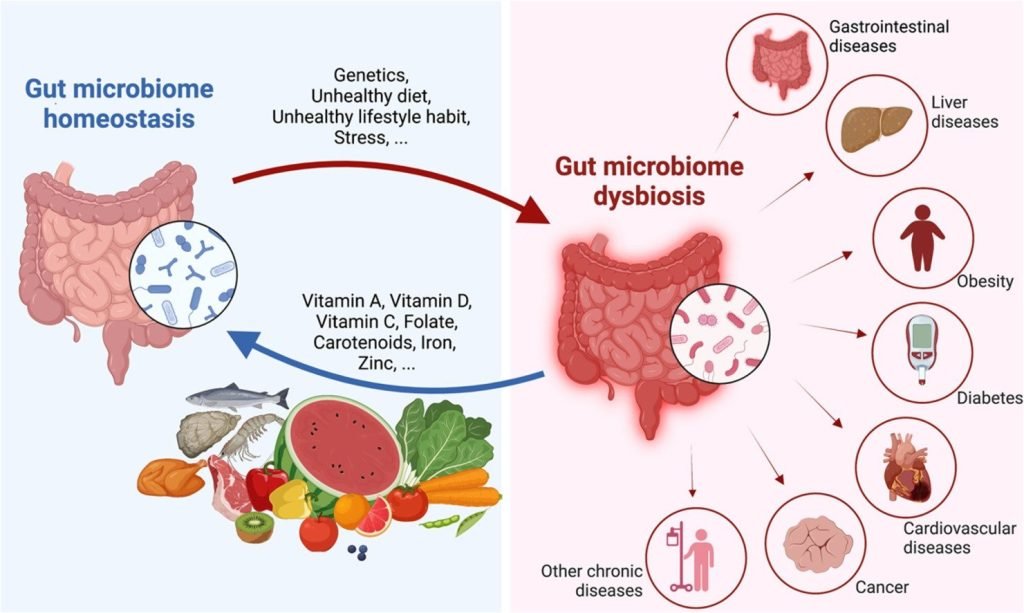Clinical Perspectives on Postprandial Diarrhea Etiology and Intervention
In the realm of digestive health, postprandial diarrhea emerges as a noteworthy concern, characterized by loose and watery bowel movements. This condition can stem from diverse sources such as infections, food intolerances, and underlying medical conditions like irritable bowel syndrome (IBS). A comprehensive understanding of its causes and effective preventive measures is paramount for managing this prevalent issue.

RELATED ARTICLE Why Do You Have Diarrhea After Eating—And How Can You Prevent It?
One crucial element in the battle against postprandial diarrhea is the role of probiotics—beneficial bacteria known for their efficacy, particularly in scenarios like antibiotic use, travel, and infections. Clinical studies, including those centered around Omni-Biotic AB 10, underscore the effectiveness of probiotics in mitigating the severity and duration of diarrhea. From addressing antibiotic-associated diarrhea to chronic cases, exploring the microbiome’s impact on digestive health provides valuable insights for maintaining overall well-being.

The Intricacies of Digestion
To comprehend the nuances of postprandial diarrhea, it’s essential to delve into how digestion functions. The digestive system, a crucial player in nutrient absorption and toxin elimination, undergoes a complex process from the mouth to the large intestine. Disruptions in this process, often fueled by inflammation, can hasten waste transit, leading to diarrhea.
The manifestation of postprandial diarrhea goes beyond loose bowel movements; it encompasses heightened frequency of defecation, abdominal cramping, bloating, and impaired bowel control. The temporal correlation with diarrhea onset varies, depending on the underlying cause—ranging from alimentary intoxication to chronic conditions like IBS, Crohn’s disease, or ulcerative colitis.
RELATED ARTICLE Risks of Diarrhea After Eating
Unraveling the Etiological Foundations

- Alimentary Intoxication:
- Introduction of pathogenic microorganisms through contaminated food, resulting in gastrointestinal infections with symptoms like cramps, nausea, vomiting, and fever.
- Alimentary Intolerance:
- Challenges in digesting specific food types, exemplified by lactose or gluten intolerance, leading to diarrhea, flatulence, and abdominal distension.
- Food Allergies:
- Immunological responses to specific food antigens causing diarrhea, accompanied by manifestations like urticaria, edema, or respiratory distress.
- Chronic Post-Meal Diarrhea:
- Signifying underlying pathophysiological conditions such as IBS, Crohn’s disease, or ulcerative colitis, characterized by diverse digestive symptoms and variable onset times.
RELATED ARTICLE Diarrhea After Eating: Causes and What to Do
Prophylaxis Against Postprandial Diarrhea
Prudent measures encompass judicious alimentary hygiene, careful food selection, awareness of alimentary intolerances and allergies, and a gradual introduction of new dietary constituents. In cases of protracted, severe symptoms, prompt healthcare intervention is imperative, facilitating accurate diagnosis, therapeutic intervention, and personalized counsel.
RELATED ARTICLE Diarrhea
Treatment and Prevention Strategies
Addressing diarrhea at home often involves over-the-counter medications like bismuth subsalicylate. Persistent or severe cases may require healthcare provider consultation for interventions such as antibiotics, medications for chronic conditions (IBD and IBS), and probiotics.
Effective prevention involves lifestyle modifications, including adequate fluid intake, careful dietary choices, and avoidance of substances with a potential laxative effect. In cases involving babies or young children, prompt consultation with a pediatrician is essential, with a focus on hydration methods guided by professional recommendations.
Harnessing Probiotics for Digestive Health

Probiotics emerge as a promising solution for preventing and alleviating diarrhea, offering relief from factors like antibiotic use, infections, travel, and underlying medical conditions. These “good bacteria” inhibit harmful germs, maintain intestinal mucosa health, and balance the gut microbiome.
RELATED ARTICLE Probiotics for diarrhea: Do they help?

Research, including studies on Omni-Biotic AB 10, demonstrates probiotics’ positive impact on various forms of diarrhea, including antibiotic-associated, traveler’s, and infectious diarrhea. The use of probiotics holds promise in contributing to overall digestive health, showcasing their efficacy in managing diverse conditions.
FOR MORE INFORMATIVE ARTICLES & NEWS Anesthesiologists at the Forefront, Legislators Rally Behind Veterans Anesthesia Care
In the complex tapestry of postprandial diarrhea, understanding the genetic and environmental factors at play opens avenues for proactive measures, promoting digestive wellness and fortifying the body against potential challenges. Probiotics, as a cornerstone in this endeavor, offer a beacon of hope for those seeking comprehensive solutions to this common yet intricate health concern.
